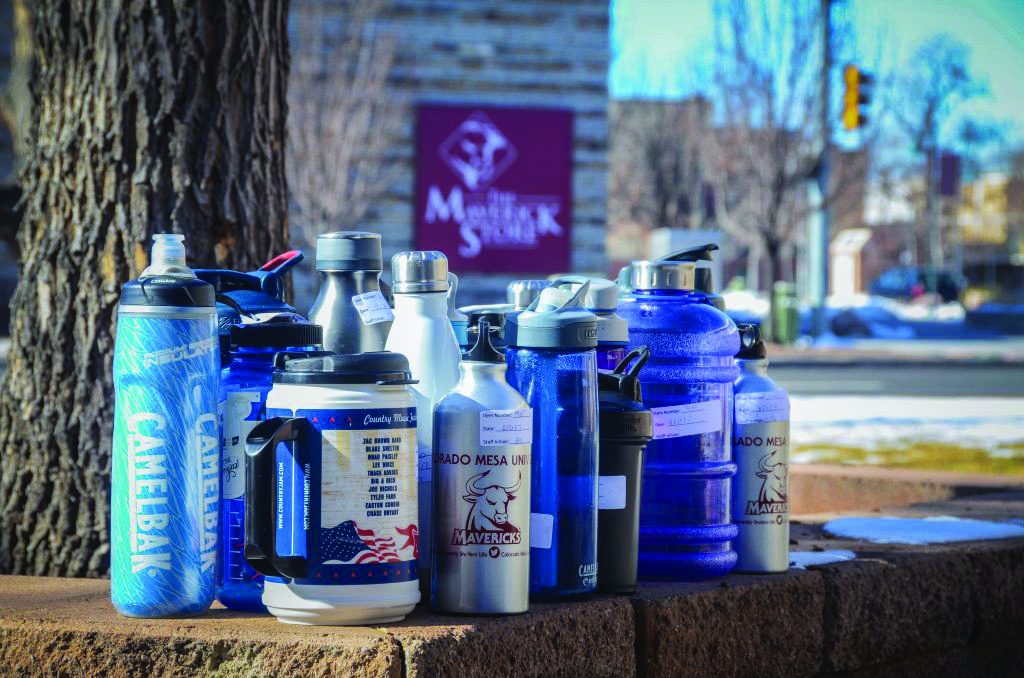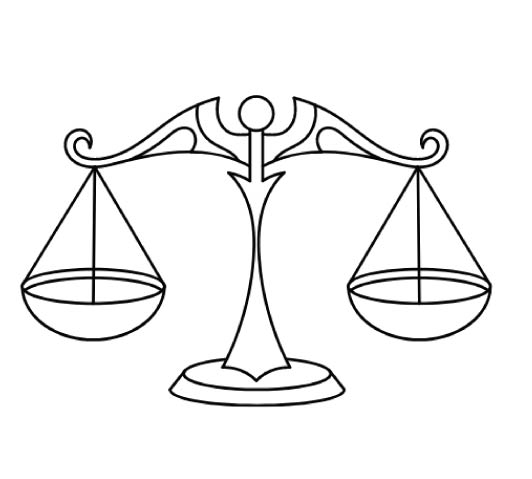It’s on our lawns and our sidewalks. It’s on our beaches, in our mountains. It’s even in the depths of the sea, where no human has gone before.
Plastic is everywhere, and the unforeseen events of 2020 haven’t fixed this problem at all.
Before, our biggest concerns were disposable cups, straws, silverware and plastic grocery bags. Now, during a global pandemic, the amount of things we’re throwing away (or simply tossing on the ground) has drastically increased.
According to an article from BBC, 194 billion disposable face masks are being used every month. That’s a lot of pollution. And, according to the same article, these masks can take up to 450 years to break down.
I remember last year, my biggest focus as a politically active college student was on sustainability and climate change prevention. I don’t like admitting it, but the events of 2020 shifted my focus so far in a different direction to the point where I stopped really caring about climate change and pollution. I was too busy worrying about the pandemic.
One thing we must remember, however, is that all of these issues are interconnected. For example, an article published by the Salt Lake Tribune stated that increased pollution and wildfire smoke can lead to more severe COVID-19 cases because of the way harmful particulates can weaken our lungs, making us more susceptible to an illness like COVID-19.
It’s all just a vicious cycle. The wildfires are happening because of climate change, climate change is happening because of greenhouse gases, greenhouse gases come, in part, from pollution. All of these factors add up, creating a planet that is not only getting weaker and weaker but a world population that is getting weaker as well.
The COVID-19 pandemic, the wildfires in California, Colorado and other states, and the insane amount of natural disasters seen across the country are all side effects of a sick planet, a planet that has been abused and destroyed by humanity’s careless actions. 2020 isn’t a cursed year or a fluke in the timeline, it’s centuries upon centuries of careless actions finally coming back to bite us.
One thing CMU students can do to lower their carbon footprint and still remain safe during this pandemic is to use a reusable fabric mask as opposed to a disposable one. Or, if a disposable mask must be used, it’s helpful to cut off the straps before throwing it away. This ensures that birds and other wildlife won’t get caught in it. Another thing students can do is be proactive and properly dispose of litter and other trash.
Unfortunately, there’s not much we as individuals can do on a widespread scale. But if we combine our voices and efforts together, we can raise awareness of these problems plaguing our world.
If we ever want to beat the “curse of 2020,” we have to start taking care of our planet. If we don’t, nature will continue to fight back.









